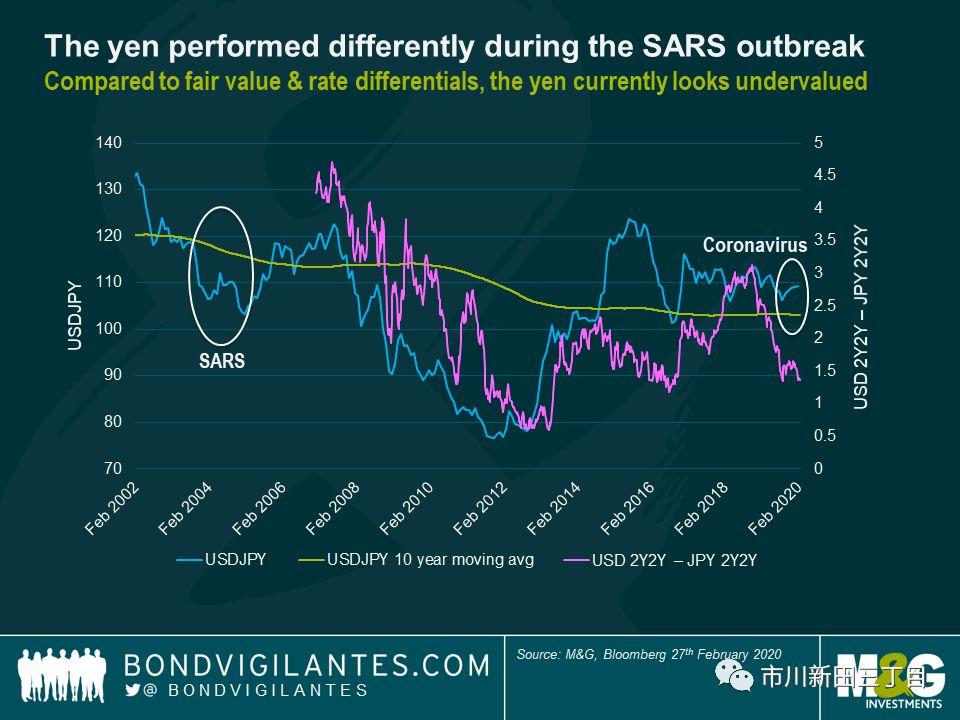Understanding CFPB Regulations on Payday Loans: What Borrowers Need to Know
#### Description:The Consumer Financial Protection Bureau (CFPB) has been at the forefront of regulating payday loans, aiming to protect consumers from pred……
#### Description:
The Consumer Financial Protection Bureau (CFPB) has been at the forefront of regulating payday loans, aiming to protect consumers from predatory lending practices. Payday loans are short-term, high-interest loans that can trap borrowers in a cycle of debt. As such, understanding the CFPB’s role and regulations regarding payday loans is crucial for anyone considering this type of borrowing.
#### What are Payday Loans?
Payday loans are typically small, short-term loans that are intended to cover urgent expenses until the borrower receives their next paycheck. These loans are often marketed as quick solutions for financial emergencies, but they come with exorbitant interest rates that can lead to significant financial strain. For example, a payday loan might have an annual percentage rate (APR) exceeding 400%, making it difficult for borrowers to repay the loan without taking out additional loans.
#### The Role of CFPB in Regulating Payday Loans

The CFPB was established in response to the 2008 financial crisis, with the mission of protecting consumers in the financial sector. One of its key focuses has been the payday loan industry, which has historically been associated with high rates of borrower defaults and financial distress. The CFPB has implemented several regulations aimed at increasing transparency and accountability in payday lending.
In 2017, the CFPB proposed a rule that would require lenders to assess a borrower’s ability to repay a loan before extending credit. This rule aimed to prevent lenders from issuing loans to borrowers who could not afford to repay them, thereby reducing the risk of falling into a debt trap. However, the implementation of these regulations has faced various challenges and changes under different administrations.
#### Key CFPB Regulations on Payday Loans
One of the most significant regulations introduced by the CFPB was the requirement for lenders to conduct a “full payment test.” This test evaluates whether the borrower can afford to repay the loan while still covering their other essential expenses. Additionally, the CFPB has mandated clearer disclosures about loan terms and costs, ensuring that borrowers understand the financial implications of taking out a payday loan.
Furthermore, the CFPB has also focused on addressing the issue of loan rollovers. Many payday borrowers find themselves unable to repay their loans on time, leading them to take out additional loans to cover the original debt. The CFPB has advocated for limits on the number of times a borrower can roll over a payday loan, thereby reducing the potential for a cycle of debt.
#### Impact on Borrowers
The CFPB's regulations have had a significant impact on the payday loan industry and on borrowers themselves. By enforcing stricter lending standards, the CFPB aims to protect vulnerable consumers from falling into debt traps. However, critics argue that these regulations may limit access to credit for those who need it most, particularly low-income individuals facing emergencies.
It's essential for borrowers to stay informed about their rights and the regulations governing payday loans. Understanding the CFPB's role can empower consumers to make informed decisions and seek alternative financial solutions that may be more sustainable in the long run.
#### Conclusion
In conclusion, the CFPB's efforts to regulate payday loans are crucial in protecting consumers from predatory lending practices. As payday loans can lead to severe financial consequences, it is imperative for borrowers to understand the implications of these loans and the protections afforded to them by the CFPB. By being informed, consumers can navigate their financial options more effectively and avoid falling into a cycle of debt.